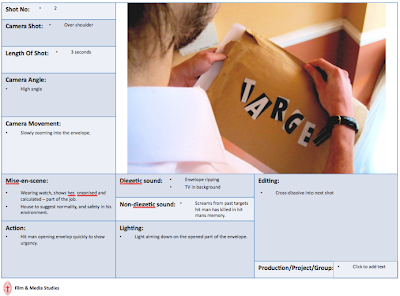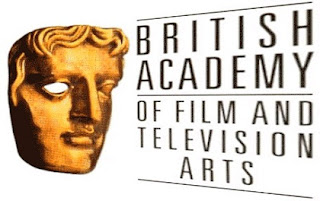 Joe Carnahan's man-v-wolf thriller tops US charts as Underworld: Awakening and One for the Money snap at its heels.
Joe Carnahan's man-v-wolf thriller tops US charts as Underworld: Awakening and One for the Money snap at its heels.An independent movie was always going to top the charts at the weekend given that there were no new offerings from the studios. And so it fell to The Grey, a man-v-world survival thriller with sharp fangs, to assume the mantle. The $20m number one launch in the US led another decent weekend that was ahead of the same session last year and proved once again that when it has breathing room, independent fare can get bums on seats as effectively as studio product.
Joe Carnahan directed The Grey, which follows plane crash survivors in Alaska whose arrival alerts a pack of marauding wolves. It features a typically gritty and physical performance by Liam Neeson, who is enjoying a purple patch in his career and is arguably the indie world's second go-to action star behind the ubiquitous Jason Statham. It's great to see Narc director Carnahan back on form after a couple of shockers like The A-Team and Smokin' Aces.
In One for the Money we are asked to believe in Katherine Heigl as a bounty hunter. This is a stretch even by Hollywood's standards, but what was more incredible is that the movie defied expectations: third place on $11.8m for an independent action comedy is acceptable for something people thought would flop. Lionsgate can be happy with that as they look forward to what should be a lively career on TV and on-demand.
The third indie to breach the top 10 was Man on a Ledge starring the stubbornly unexciting Sam Worthington. It was released through Summit Entertainment, which is now owned by Lionsgate following the merger that went down two weeks ago. It opened in fifth place on $8.3m. Again, nothing to shout about from the rooftops, but no disgrace either.
There didn't seem to be much of an Oscar "bump" over the weekend – the effect whereby a movie gets a nomination and zips up the charts.Extremely Loud and Incredibly Close earned a few nominations last Tuesday and ranks sixth on $21.1m after six weekends through Warner Bros, which is promising when you bear in mind it only played in six theatres in the first four weekends.
Fox Searchlight's The Descendants has been one of the darlings of the awards season ever since its world premiere last autumn at the Toronto International Film Festival. It's been in action for 11 weeks, albeit in a smaller number of theatres. Searchlight bumped it up by 1,441 to 2,001 venues this weekend and it paid off -- $6.6m is a solid weekend gross for this kind of movie and it should stick around and build on that $58.8m running total heading through the Baftas and towards the Academy Awards. It's also going great guns outside North America, where it has grossed around $26m. That coveted $100m worldwide box office is only a week or so away.
North American top 10, 27-29 January 2012
1 The Grey, $20m
2 Underworld: Awakening, $12.5m. Total: $45.1m
3 One for the Money, $11.8m
4 Red Tails, $10.4m. Total: $33.8m
5 Man on a Ledge, $8.3m
6 Extremely Loud and Incredibly Close, $7.1m. Total: $21.1m
7 The Descendants, $6.6m. Total: $58.8m
8 Contraband, $6.5m. Total: $56.4m
9 Beauty and the Beast (3D), $5.3m. Total: $41.1m
10 Haywire, $4m. Total: $15.3m














